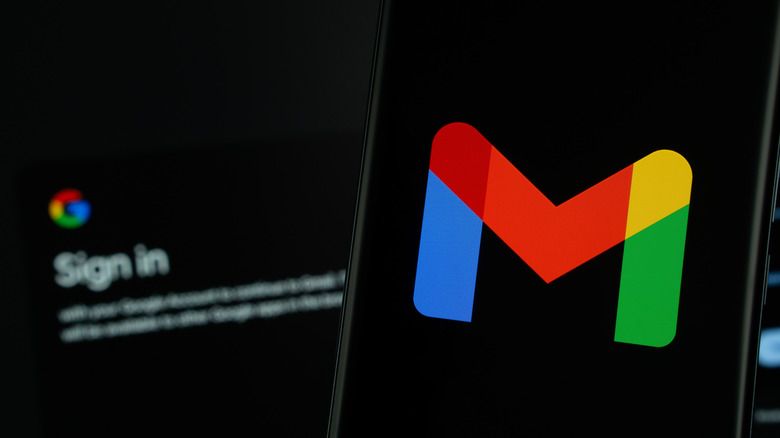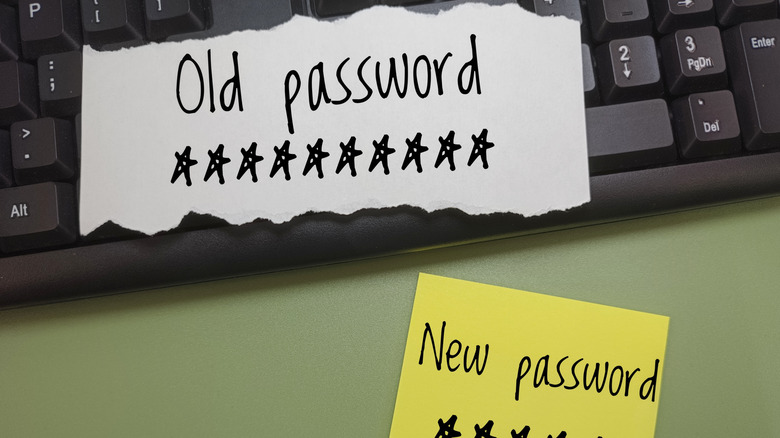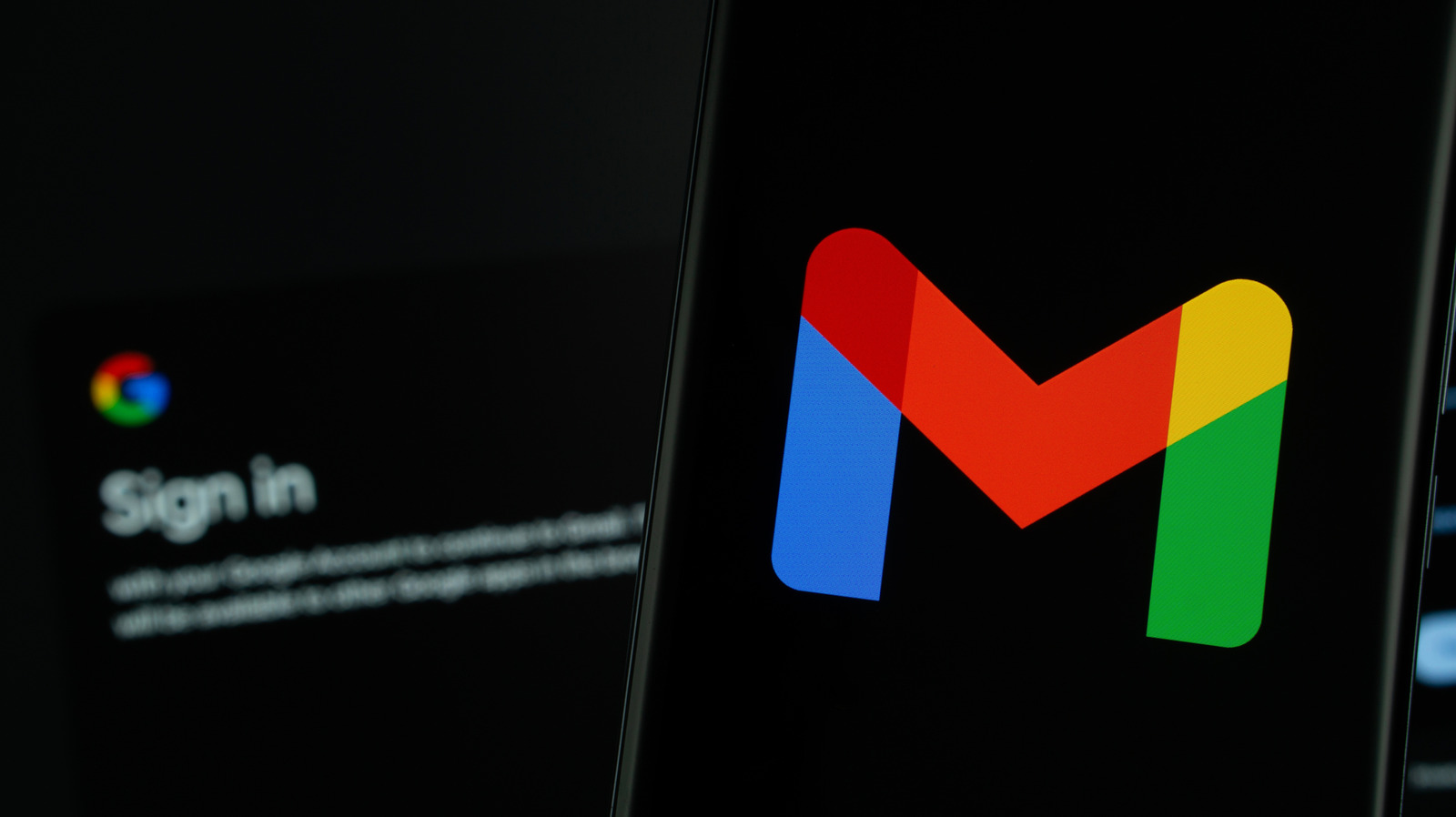
Bangla press/Shutterstock
Late last month, reports that Google had issued warnings to over 2 billion Gmail users began to circulate. Based on those reports, it looked like Google was sending urgent messages to users, spurring them to check their account security to avoid increased attempts at data phishing — which is when hackers try to trick users into giving up their account information through nefarious means. Now, however, Google says it didn’t send out any notifications and that Gmail users are not at immediate risk of security intrusions, refuting the previous reports.
“We want to reassure our users that Gmail’s protections are strong and effective. Several inaccurate claims surfaced recently that incorrectly stated that we issued a broad warning to all Gmail users about a major Gmail security issue. This is entirely false,” the company wrote in an update on its Workspace blog. Google continued by noting that while phishers always look for new ways to “infiltrate inboxes,” the company’s various Gmail protections continue to block “more than 99.9% of phishing and malware attempts from reaching users.”
Even with that in mind, you should still follow safe online security practices. And that means frequently changing your password and ensuring you’re using a strong password that isn’t as easy to crack.
Update your password anyway

SsCreativeStudio/Shutterstock
Many companies, including Google, have started pushing for more passwordless login options like passkeys. However, passwords have yet to be phased out entirely. That’s why, even if you utilize another login method, you should always make sure your password is strong and hard to crack. While you can change your password every six months or so, it isn’t as necessary as it used to be. Instead, you should rely on your password’s strength. Security experts now say it isn’t as important to change your password frequently, and some even believe that changing passwords too frequently can be detrimental.
While Google says Gmail accounts aren’t at elevated risk right now, securing your account is always a priority. First, make sure the password you have set is strong. Next, make sure you aren’t using that password anywhere else, as sharing passwords across multiple accounts and services increases the chances of it being leaked or cracked.
Now, all of this isn’t to say that Gmail scams aren’t real, because they very much are. You should never trust phone calls claiming to be Google, as these kinds of scams are becoming more and more prevalent as call spoofing tech becomes more accessible thanks to AI.

























